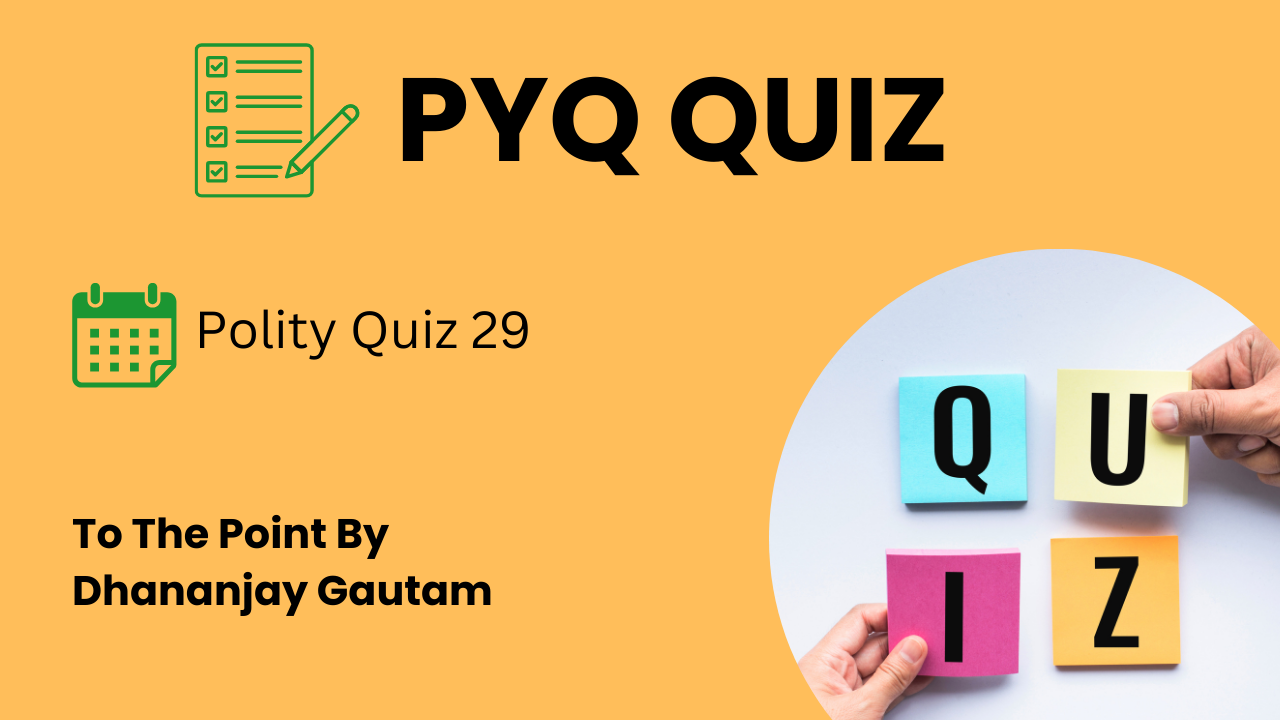polityquiz29


sahabet-matadorbet-sweet bonanza-deneme bonusu veren siteler 2026-radissonbet-kaçak iddaa-aviator-trwin-superbahis-matadorbet-matadorbet-superbet-deneme bonusu veren yeni siteler-slotday-xslot-bahibom-anadoluslot-slotday-radissonbet-casibom-casinofast-cratosroyalbet-asyabahis-asyabahis-betboo-betboo-youwin-youwin-superbahis-oleybet-1xbet-betmatik-artemisbet-bets10-deneme bonusu veren siteler 2026-tarafbet-baywin-superbahis-mersobahis-slotella-yeni slot siteleri-ritzbet-slot siteleri-canlı bahis siteleri-hitbet-celtabet-pusulabet-betano-betano-1xbet-mariobet-betmatik-betmatik-betenerji-misty-misty-güvenilir casino siteleri-misli-bahis siteleri-dedebet-bahsegel-bahsegel-meritking-holiganbet-holiganbet-bets10-ramadabet-bets10-casibom-casibom-ngsbahis-jojobet-marbahis-marbahis-asyabahis-tarafbet-yeni slot siteleri-superbahis-superbahis-oleybet-oleybet-misli-1xbet-artemisbet-slot siteleri-limanbet-limanbet-piabellacasino-baywin-mersobahis-almanbahis-pincocasino-pincocasino-savoycasino-exonbet-anadoluslot-betano-betano-madridbet-mariobet-mariobet-goldenbahis-betmatik-betenerji-misty-misty-betmatik-mostbet-bettilt-maxwin-meritking-venombet-holiganbet-betturkey-matadorbet-goldenbahis-cratosroyalbet-grandpashabet-casibom-jojobet-jojobet-bahibom-venombet-sahabet-aviator-bahis siteleri-superbet-grandpashabet-casino siteleri-betkom-palacebet-dedebet-deneme bonusu-spinco-deneme bonusu veren siteler-kaçak bahis-deneme bonusu veren siteler 2026-deneme bonusu veren siteler 2026-betkom-deneme bonusu veren yeni siteler-deneme bonusu veren yeni siteler-casinofast-tipobet-casibom-maxwin-spinco-betwild-güvenilir bahis siteleri-sweet bonanza-sweet bonanza-misli-betsin-stake-sweet bonanza-asyabahis-ramadabet-betboo-xslot-superbahis-deneme bonusu veren siteler-oleybet-kaçak iddaa-misli-deneme bonusu veren yeni siteler-damabet-artemisbet-limanbet-1xbet-betewin-betsin-betturkey-tokyobet-meritbet-pincocasino-gates of olympus-royalbet-deneme bonusu-pusulabet-pusulabet-betenerji-misty-misty-mostbet-mostbet-bettilt-bahsegel-nerobet-meritking-meritking-trwin-matadorbet-kaçak bahis-betwild-sahabet-aviator-marsbahis-palacebet-mariobet-damabet-exonbet-deneme bonusu veren yeni siteler-sweet bonanza-güvenilir casino siteleri-deneme bonusu veren yeni siteler-kralbet-güvenilir bahis siteleri-slotella-royalbet-aviator-betturkey-canlı casino siteleri-sweet bonanza-slot siteleri-kaçak iddaa-kaçak iddaa-kaçak bahis-güvenilir casino siteleri-güvenilir casino siteleri-güvenilir bahis siteleri-gates of olympus-gates of olympus-deneme bonusu veren yeni siteler-deneme bonusu veren siteler 2026-casino siteleri-canlı casino siteleri-bahis siteleri-matadorbet-matadorbet-matadorbet-matadorbet-matadorbet-matadorbet-kralbet-ritzbet-casino siteleri-